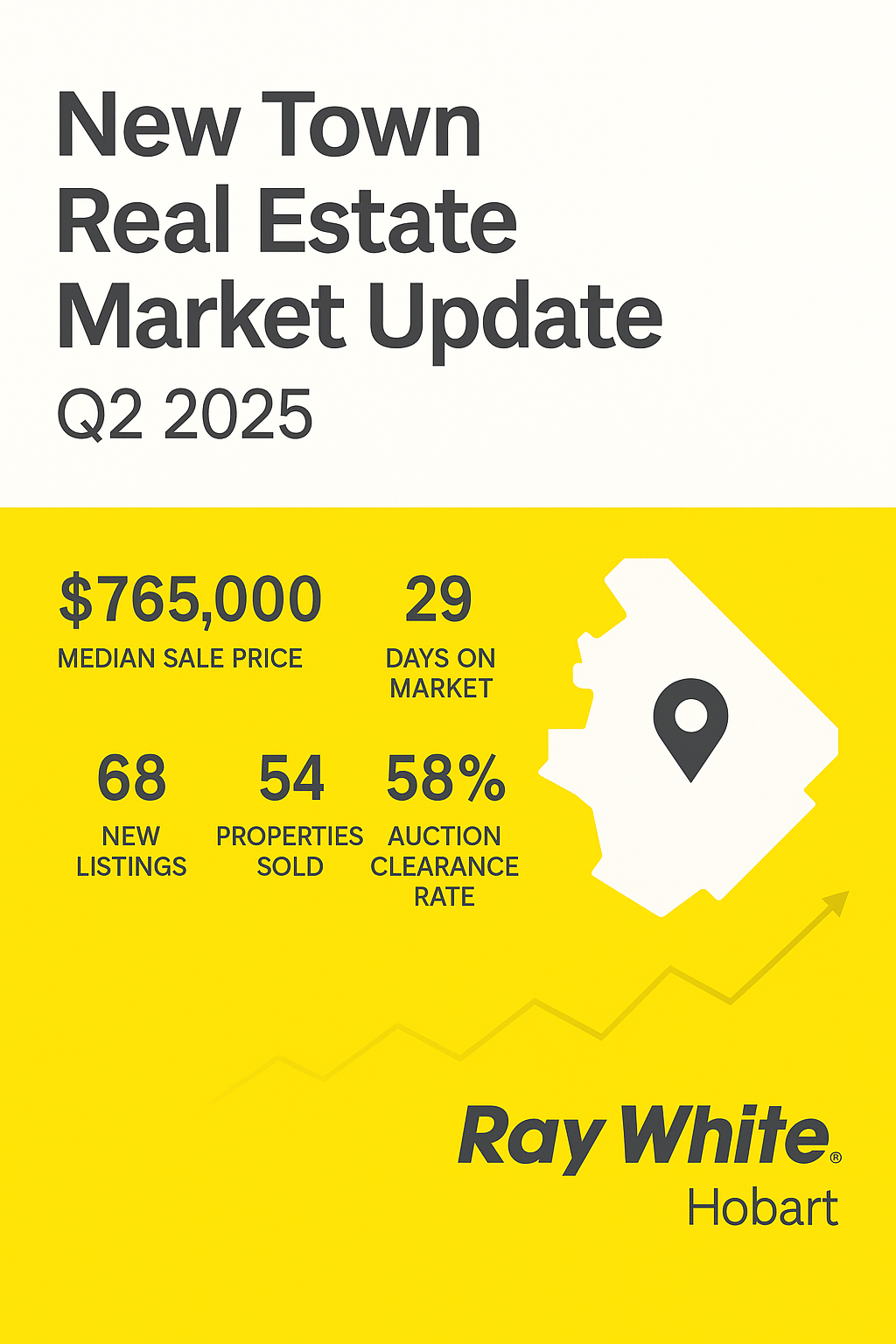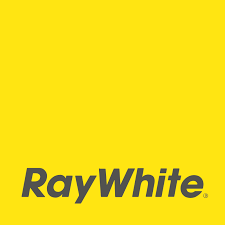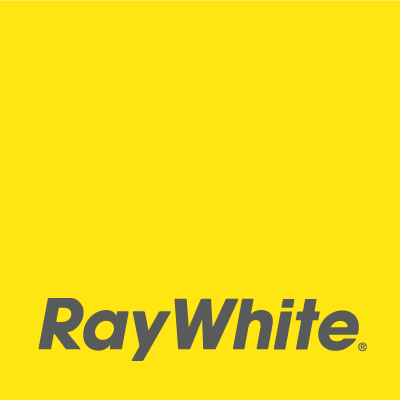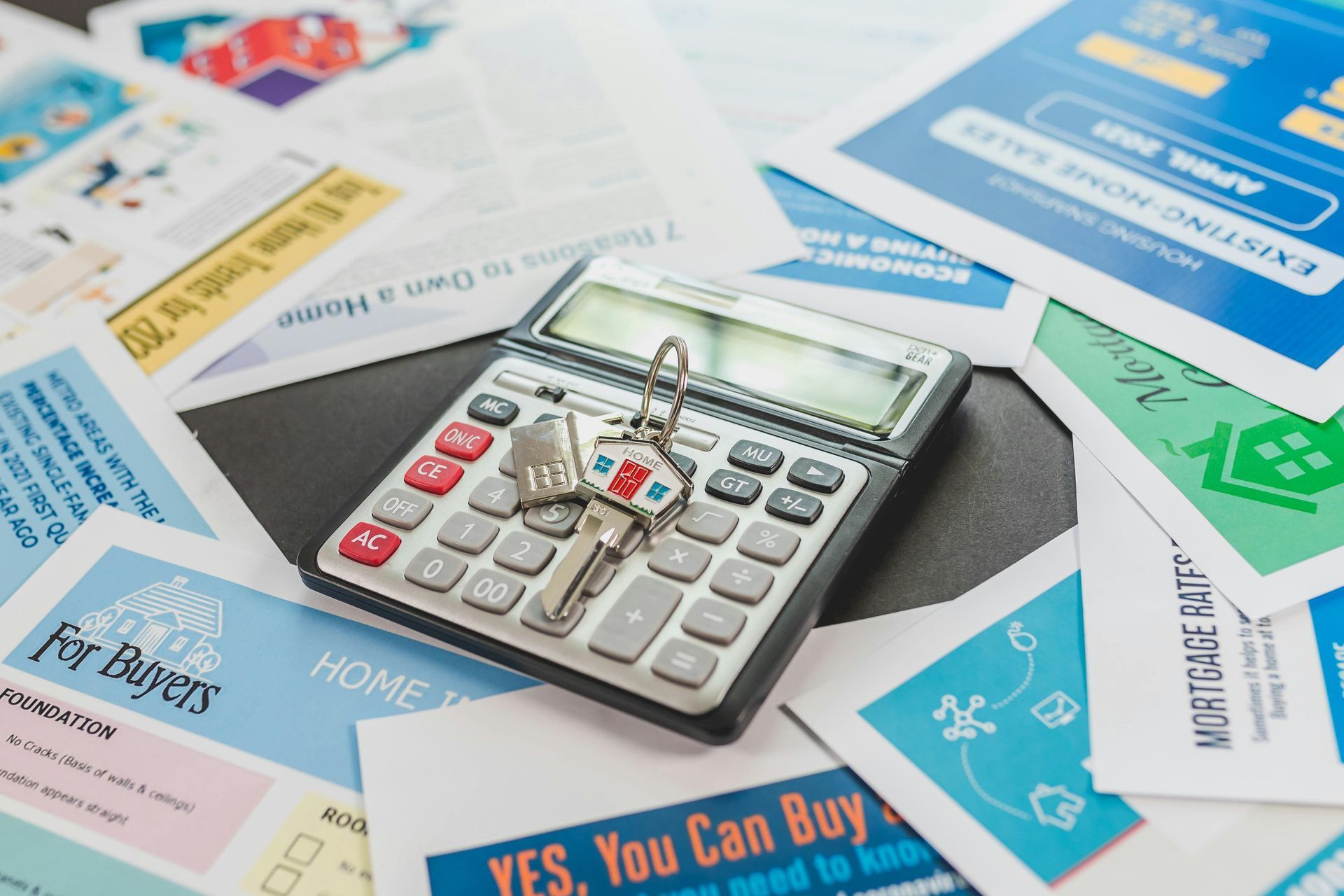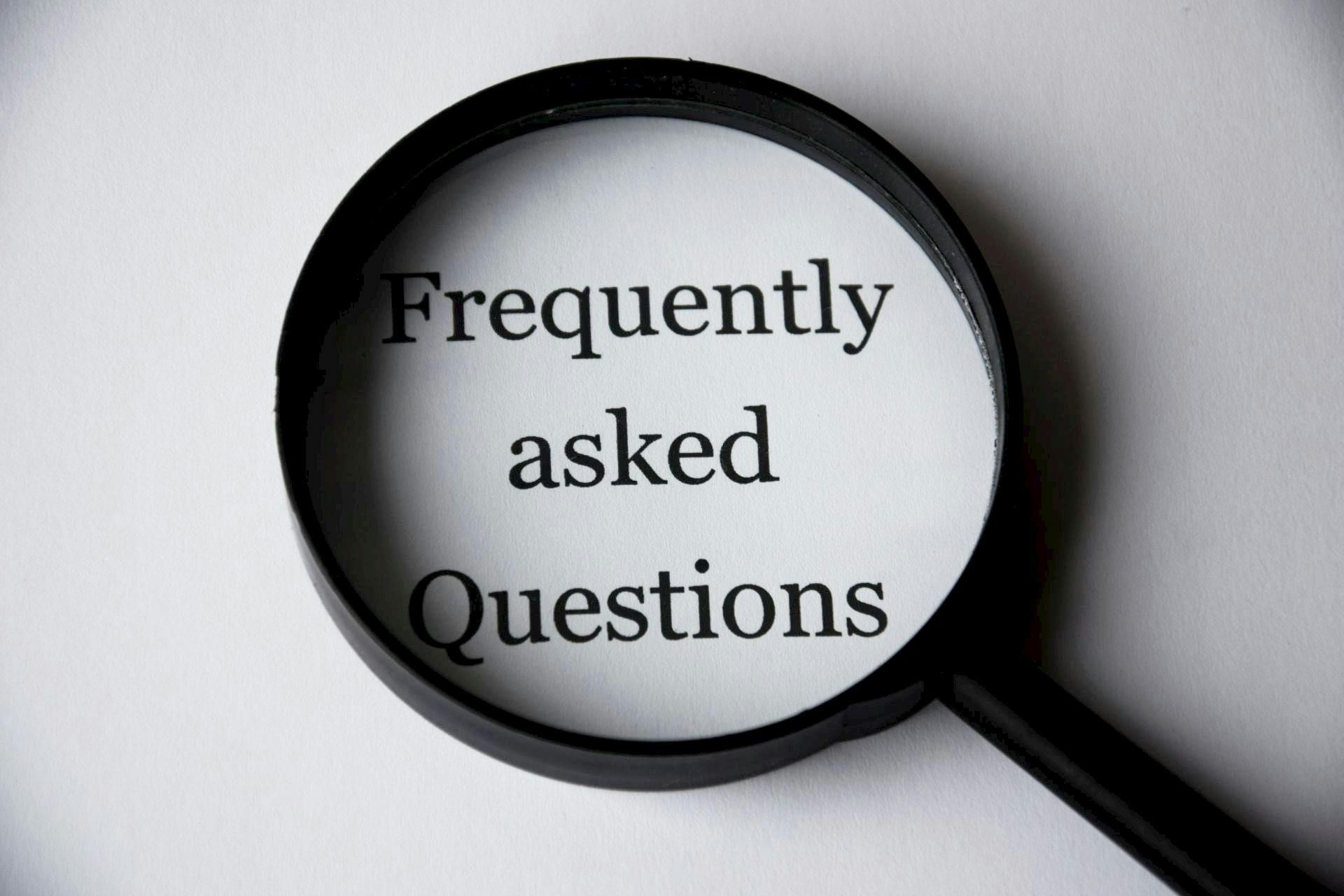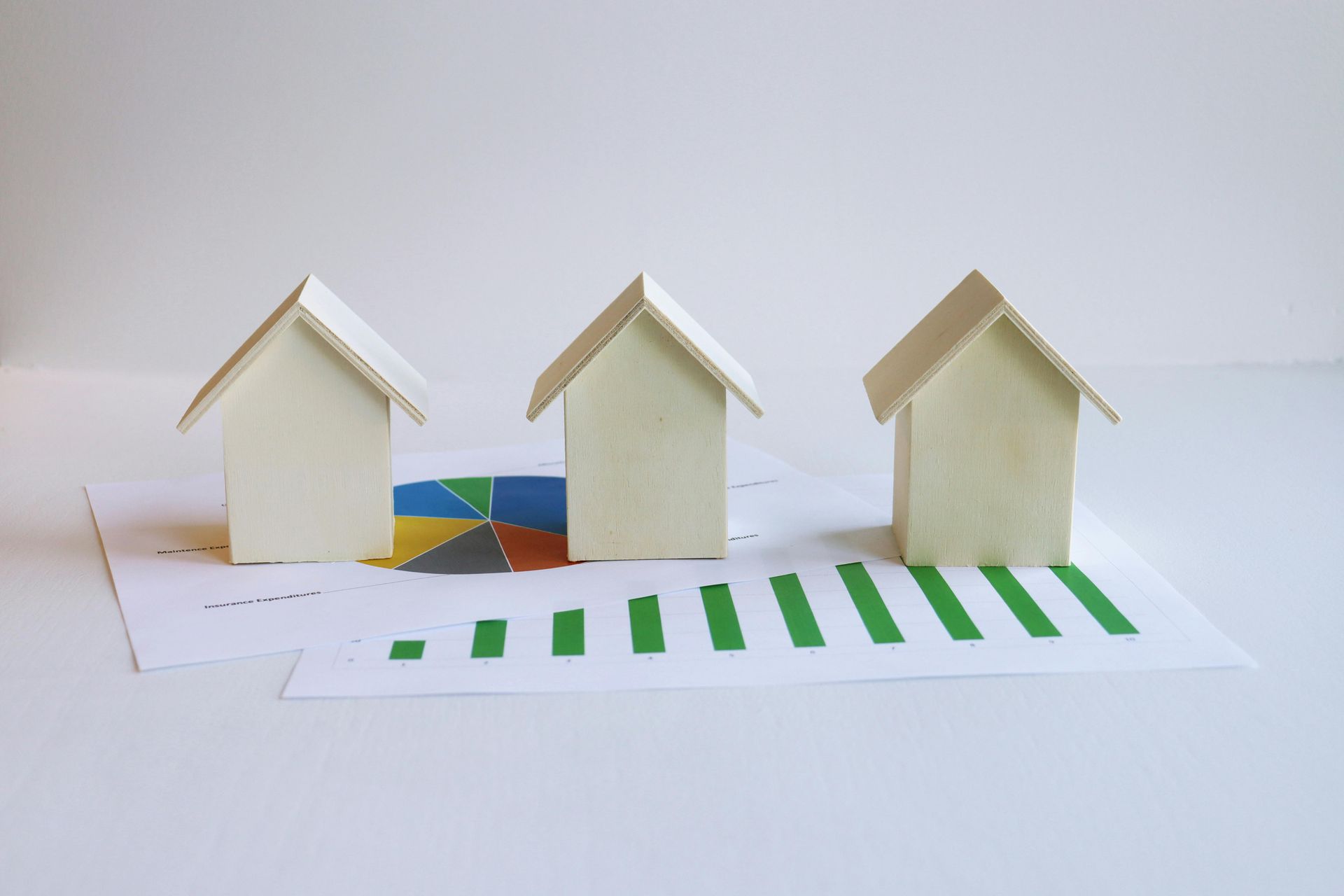How to Choose the Right Real Estate Agent to Sell Your Home
Choosing the Right Agent and Brand Can Have a Huge Impact on Your Property Sale
When it comes to selling your home, the right agent isn’t just helpful—they’re essential. A great real estate agent can mean the difference between an underwhelming offer and a record-breaking sale. From understanding the local market to setting a smart price and crafting a standout marketing campaign, here's how to confidently choose the right professional to guide your sale.
1. Selecting the Best Agent for the Job
The person you choose to sell your home should be more than just licensed—they should be local, experienced, and results-driven. Begin with research. Look into agents who consistently achieve strong outcomes in your area. Key metrics like average days on market, auction clearance rates, and sale-to-list price ratios provide valuable insights into their performance.
Don't underestimate the value of local expertise. An agent who knows your suburb inside and out will better position your property in the market. Go a step further and attend one of their open homes—see how they engage with buyers and manage the inspection.
Key Questions to Ask Potential Agents:
- Can you share recent sales in this area?
- Why do you recommend auction/private sale for my property?
- What’s your approach to marketing homes like mine?
- What made past campaigns successful?
- How would you handle negotiations with multiple interested buyers?
And above all, choose someone you connect with. You’ll be communicating regularly, and trust plays a big role in a successful partnership.
2. Pricing Your Property Strategically
Pricing your home isn’t about what you hope to make—it’s about where the market is at. Overpricing can deter buyers, while under-pricing might leave money on the table. Work with your agent to set a figure based on recent comparable sales, market trends, and buyer activity.
Alternatively, for a completely independent perspective, you can hire a licensed property valuer. Their valuation, usually costing a few hundred dollars, reflects a fair market value and can support your pricing strategy.
3. Understanding the Costs of Selling
Selling a property comes with expenses, and being prepared helps you avoid surprises. The two most significant costs are marketing and agent fees.
📢 Marketing Your Property
Sellers are responsible for the cost of showcasing the home to potential buyers. A well-rounded marketing campaign
might include:
- Professional photography and floorplans
- Online listings (e.g. realestate.com.au, domain.com.au)
- Social media and email campaigns
- Physical signboards and printed brochures
- Optional press or magazine ads
Depending on the market and property, campaigns can range, but generally are priced between $3,000-$10,000.
Your agent should tailor a strategy to match your property and target buyer.
💰 Agent Fees & Incentives
Real estate agent fees come in two common structures:
Flat Fee: A fixed amount agreed upfront, regardless of final sale price.
Commission-Based Fee: A percentage of the sale price (typically 2%–3%), often tiered based on performance.
Performance bonuses are increasingly popular. These provide added incentives if the agent achieves a price above an agreed reserve. For instance, if your home sells $100,000 over reserve and the bonus is 10% of that surplus, your agent receives an additional $10,000.
Be sure to discuss all fee structures thoroughly and get everything in writing before signing an agreement.
Final Thoughts
Choosing a real estate agent isn’t just about who promises the highest price—it’s about proven performance, market insight, transparency, and trust. With the right professional by your side, you can sell your home with confidence, clarity, and the best possible outcome.
📌 Next in the Series: Preparing Your House for Sale →

